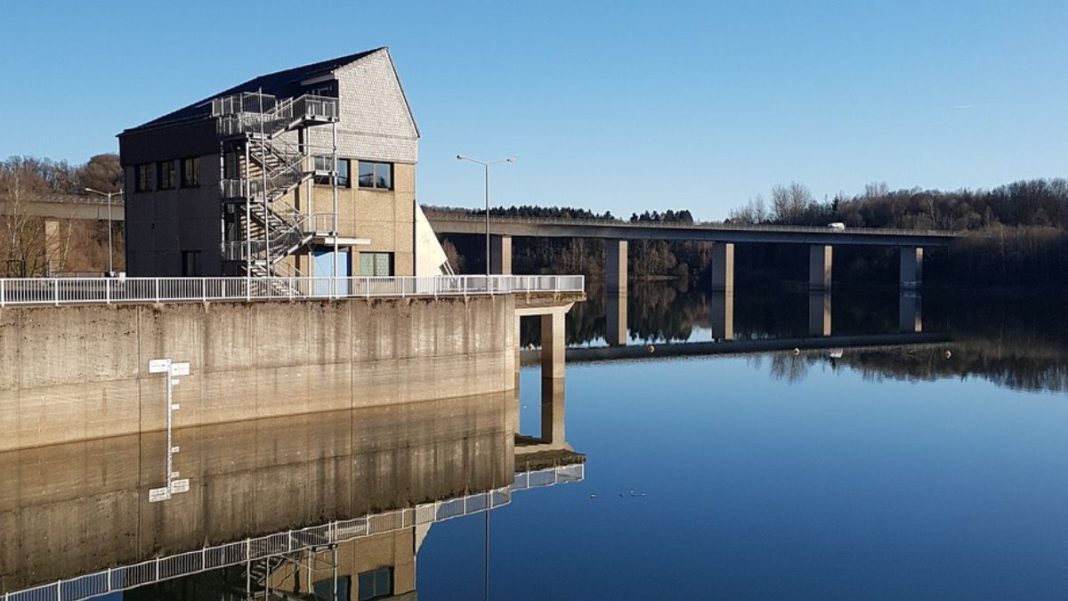SPAIN: Water scarcity is a growing global concern, with many regions facing the challenges of dwindling water resources and inefficient water management practices. Meanwhile, Spain, a nation at the forefront of technological advancements in enhancing water efficiency, offers valuable lessons for the rest of Europe on how to tackle this impending crisis.
Confronted by the impacts of climate change in the Mediterranean and a substantial menace to its key industries, Spain is embarking on an extensive and financially demanding overhaul of its entire water infrastructure, says Jorge Molinero, Managing Director, Amphos 21, an environmental consulting firm in Barcelona, Spain.
Escalating concerns in Europe
Greece is grappling with destructive floods, a situation that has heightened apprehensions about the increasing prevalence of extreme weather patterns attributed to climate change throughout Southern Europe.
Eastern parts of Libya have experienced deadly deluges, with the coastal town of Derna reporting a death toll of at least 11,300 by Friday, heightening concerns regarding the escalating threat of extreme flooding across the Mediterranean.
Floods have long been considered a concern in northern Europe primarily, and many nations in this area have been pioneers in developing the civil engineering projects necessary for effective flood defences.
Certainly, the Netherlands is exporting a significant portion of its flood defence technology to Middle Eastern nations, aiming to reclaim land threatened by rising sea levels.
However, even though the flood technology developed in northern Europe can undoubtedly assist southern Europe, the northern part of the continent has experienced a growing prevalence of drought and extreme heat this summer.
Northern European nations will require the water conservation innovations that Southern European countries have been leading as Europe confronts freshwater challenges, including seasonal water stress.
Spain’s cutting-edge technological advances
Although countries like the Netherlands and the UK excel in flood defence, it’s Spain that is at the cutting edge of technological advancements in enhancing water efficiency.
Take, for instance, the Murcia region in southern Spain, where over 90% of water is recycled, a striking comparison to the meagre 5% average seen throughout the rest of Europe. As scorching summers increasingly become the standard, the necessity for nations to adopt water reuse practices is rapidly becoming undeniable.
What Spain is currently undertaking in terms of water reuse could set a precedent for all of Europe to follow in the coming decades, a recognition underscored by the recently approved EU Directive for water reuse.
Furthermore, Spain is set to invest approximately €3 billion from both public and private sources into a comprehensive overhaul of its water infrastructure. This ambitious endeavour involves digitising the entire sector and modernising all water supply systems, with the current timeline estimating completion within six to ten years.
Similar to numerous climate-driven infrastructure transformations, the restructuring of water infrastructure entails substantial expenditures and substantial disruptions.
The reason Spain is now showing the political and social determination to undertake these actions is that, for Spain, the climate emergency is not a distant future scenario; it’s a reality that has already arrived.
Spain’s main sectors strongly rely on water
Spain’s two primary industries—agriculture and tourism—are heavily reliant on water.
Spain serves as Europe’s primary source of fruits and vegetables, ranging from tomatoes, artichokes, and avocados to oranges, lemons, and strawberries.
The southern regions of the country are marked by extensive greenhouses and plantations, while tourists are drawn to the coastlines and water-intensive golf courses.
In Spain, as in most of Europe, approximately 80% of total water consumption is attributed to agriculture. Therefore, the most impactful investment Spain can undertake within its farming sector is enhancing the efficiency of its irrigation systems.
In the Mediterranean region, in general, aquifers, which are naturally porous rock formations that naturally cleanse water, are chronically overstressed.
During times of drought, groundwater levels decline, resulting in the concentration of pollutants and the depletion of aquifers, diminishing their efficiency and leading to a deterioration in the quality of the generated groundwater.
Lessons from Spain could assist the rest of Europe
However, Spain is now beginning to work on replenishing its aquifers with reclaimed water. This is done by injecting treated wastewater into the aquifers through rock filtration, which further cleans the water after it passes through treatment plants.
When the reclaimed water is added to aquifers, it allows them to replenish, remain active, and raise groundwater levels. This process augments the water content within aquifers, facilitating a downward flow for eventual reuse in agriculture, resulting in a reduced loss of water within the overall water cycle.
As climate change extends its grasp, it is probable that every European country will need to undergo significant changes in their longstanding water infrastructure and management methods, with a focus on water reuse and reclamation.
Spain, and Southern Europe in general, could serve as a valuable source of insights for all of Europe as it encounters fresh water-related challenges.
Also Read: Bioengineered E. coli Bacteria Generate Electricity from Wastewater



